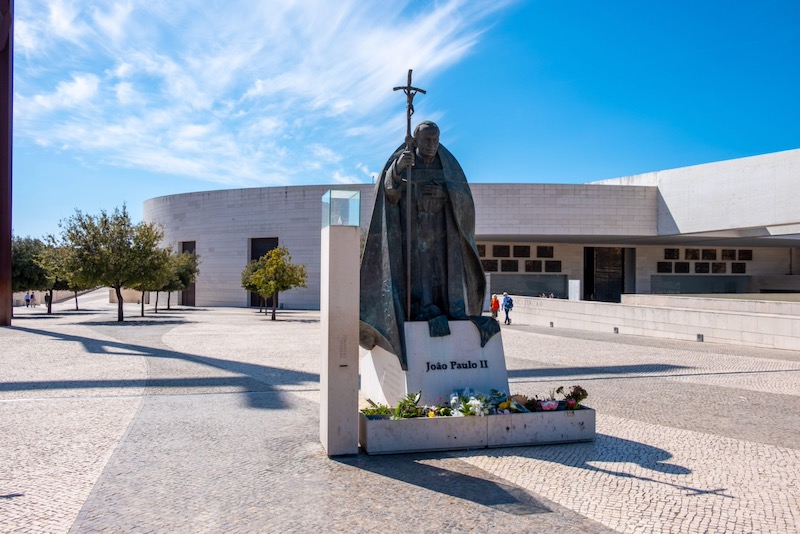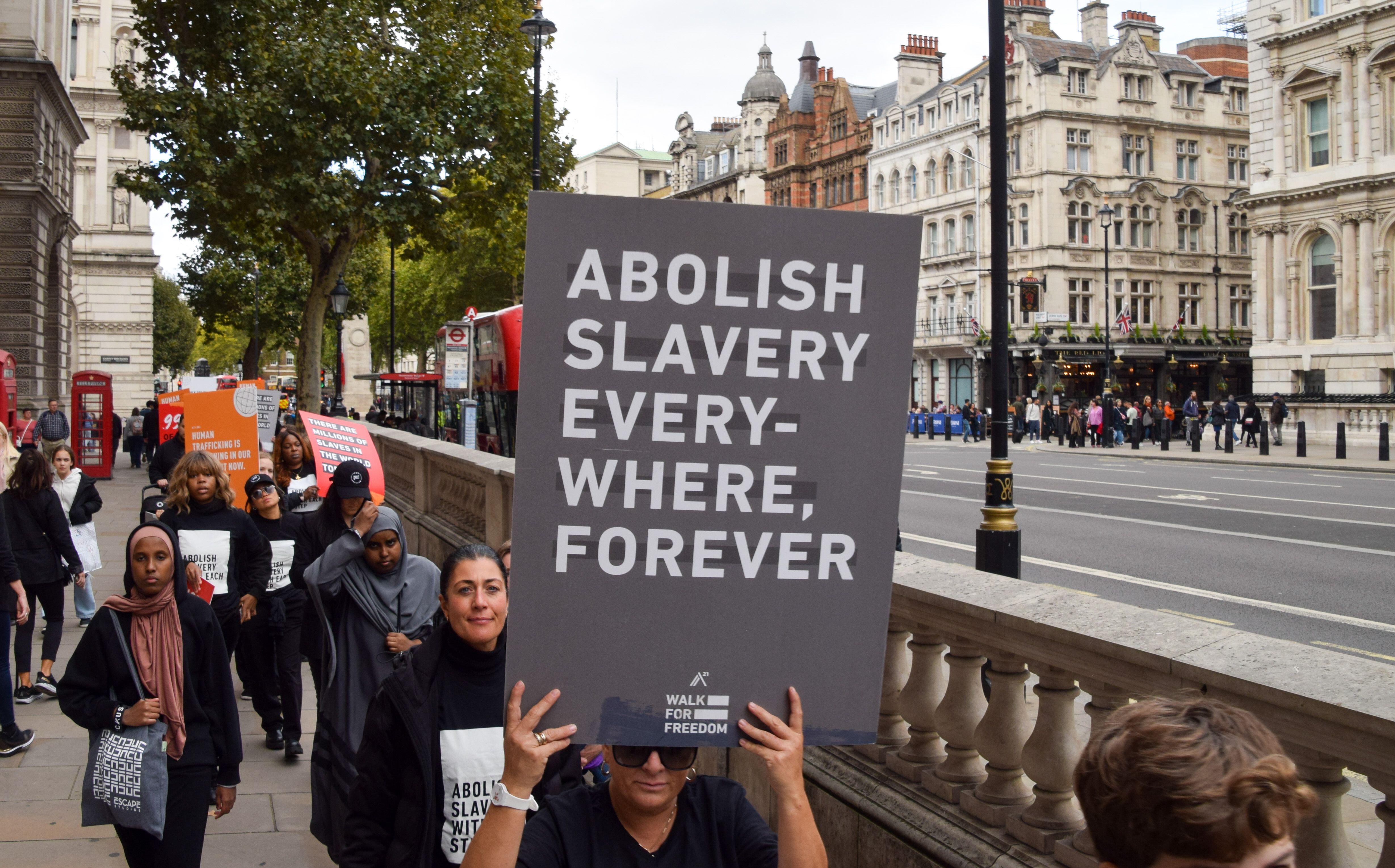Modern slavery is a horror that thrives in those half-illuminated spaces at the edge of society. It is never quite true to say that it is invisible, not when so much of it is at least partially visible to those who want to see it. It can be detected in the car wash that is just a little too cheap and no one wants to ask why, or the nail bar where something feels off but no one has intervened, the brothel that is an open secret.
When companies, indeed whole industries, choose not to look too closely at their supply chains or the cost of labour, this is not because modern slavery is invisible, but because it is too often shrouded in what Pope Francis has called a “veil of indifference” in which human dignity is relegated below other concerns.
When the Pope first called on a modern slavery forum in Buenos Aires to break that veil it was 2018. It is a terrible reflection that in the intervening years most estimates have seen the global number of enslaved people increase since. The Global Slavery Index found 10 million more people enslaved worldwide in 2021 than in its equivalent study in 2016.
It would be grossly unfair to say nothing has been done. In fact, in the same period the number of potential victims within the UK has reduced by more than 10,000, thanks to better training for first responder agencies in identifying victims, policy improvements since the 2015 Modern Slavery Act and the efforts of a committed and increasingly skilled charity sector. Even with all those efforts the UK’s estimated population of potential victims of slavery stands at 122,000; roughly the population of Gloucester.
The ongoing economic downturn and changes in policy are set to make the coming year an even more difficult context than before. Survivors of modern slavery are increasingly being caught in the crossfire of the government’s spluttering assault on illegal migration. Punitive deterrent policies such as indefinite detention, destitution and removal to Rwanda will apply to victims of trafficking and slavery if they arrived in this country without a valid visa (even if they were trafficked against their will). Access to modern slavery support systems is set to be removed from anyone who is deemed an illegal migrant. Even more than before it will be left to civil society and the charity sector to provide the support survivors need to rebuild their lives.
It is a sector in which Catholic charities have traditionally punched well above their weight. The Medaille Trust, Women at the Well, Stella Maris, Caritas Bakhita House, Santa Marta Group, St John of God Hospitaller Service and others have long been at the forefront of campaigns and care for survivors. One of the key uniting factors is a desire to build the agency and dignity of survivors. This comes naturally to Catholic charities in so far as it reflects a particular commitment in Catholic Social Teaching, but it is particularly important in a context in which survivors have been reduced to an object to be used by their abusers and even when identified can often spend months or years in a limbo waiting for a decision during which time they often cannot work or support themselves.
In an ever more difficult context that task of building up human dignity and piercing the veil of indifference is going to require a renewed effort and vision. The week of 16 of October is Anti-Slavery Week and we desperately need a new surge of effort, partners and supporters to help Catholic charities continue the battle against slavery.
Ben Ryan is Executive Director of Engagement and Strategic Development at the Medaille Trust.



 Loading ...
Loading ...
What do you think?
You can post as a subscriber user ...
User comments (0)